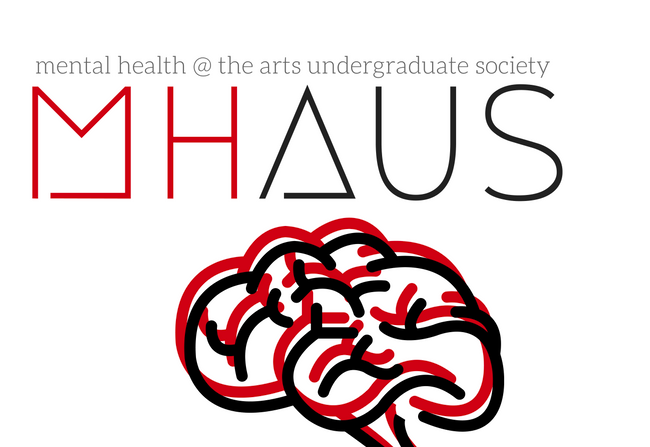With the winter semester underway and deadlines looming on the not-so-distant horizon, students may find themselves needing to access the mental health resources available on campus. Despite the existing counselling services, peer support networks, and medical mental health services available at McGill, many undergraduates don’t take advantage of all the resources available to them. Mental Health at the Arts Undergraduate Society (MHAUS) is working to address the under utilization of resources through community outreach.
Led by mental health commissioners Melody Gao and Olivia Frank, U1 and U3 psychology, respectively, and their team of four other undergraduate students, the committee falls under the portfolio of AUS Vice-President External Rebecca Scarra and meets with the mental health committees of other faculties.
Gao and Frank coordinate outreach programs that strive to better connect students in need of additional support with already existing campus services. Through this work, the commissioners hope to establish an environment in which all students, including those not suffering from mental illness, view mental well-being as a priority.
“[Mental health] is something that needs to be worked on constantly,” Frank said. “It’s not just something that is acknowledged in times of difficulty, but something that is always important and should always be recognized on campus.”
Though other McGill faculties and student organizations have similar mental health committees, such as the SSMU Mental Health Committee, MHAUS is the first to service McGill’s largest undergraduate faculty. Still, both commissioners stressed the importance of collaborating with student-run mental health committees from other faculties to pool their resources and expand overall reach within the McGill community. Through collaboration, MHAUS hopes to bring more attention to the overall importance of mental health. According to Frank, the committee aims to integrate the successes of other mental health groups on campus to foster acceptance of mental health struggles on campus.
“It’s not about competing with their success, but rather creating awareness in any way possible,” Frank said. “I think everybody on campus is beginning to see that change toward how crucial mental health and overall wellness is. The decrease in stigma [surrounding mental illness has] been a massive change, and I think [that having] more people at the table is just going to create a more diverse and more accepting environment and a better conversation.”
For members of MHAUS, success means meeting student needs. Hosting tabling events and publishing surveys on its Facebook page are a few of the ways the committee hopes to gather student feedback and provide information on services that students need.
Ultimately, MHAUS is an organization for all students; both Frank and Gao believe that mental well-being is crucial to every student’s success—both inside and outside of the classroom. In executing this goal, both commissioners stressed the need for making mental health support more available.
“It’s not about creating accessibility for those who need it, because everyone needs it,” Frank said. “Everyone needs to address their mental health just as much as they address their physical health. An image of health that doesn’t include [mental health] is ignoring a massive component of what health looks like for students and for everybody.”









— The decrease in stigma [“surrounding” mental illness has] been a massive change
No, stigma does not “surround” mental illnesses.
There has been a definite decrease in the number of people directing a stigma at mental illnesses. Sadly, there remain those who continue to do so.